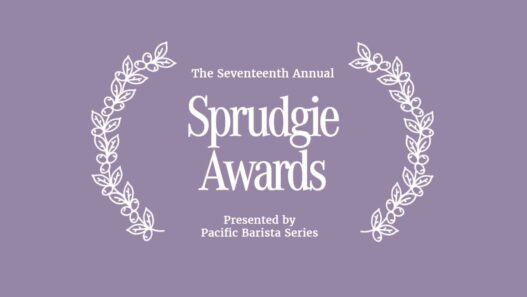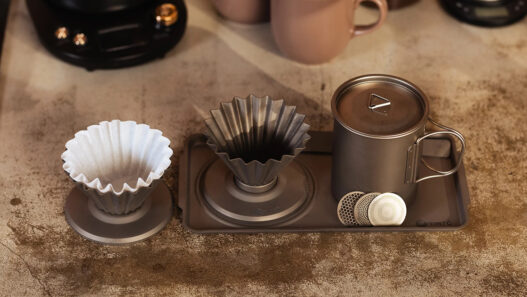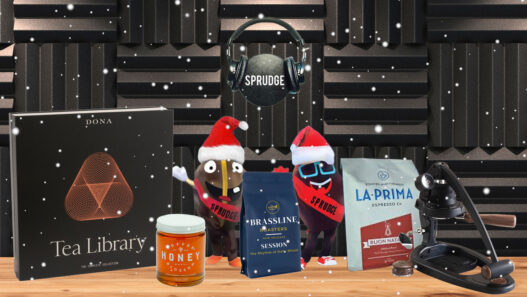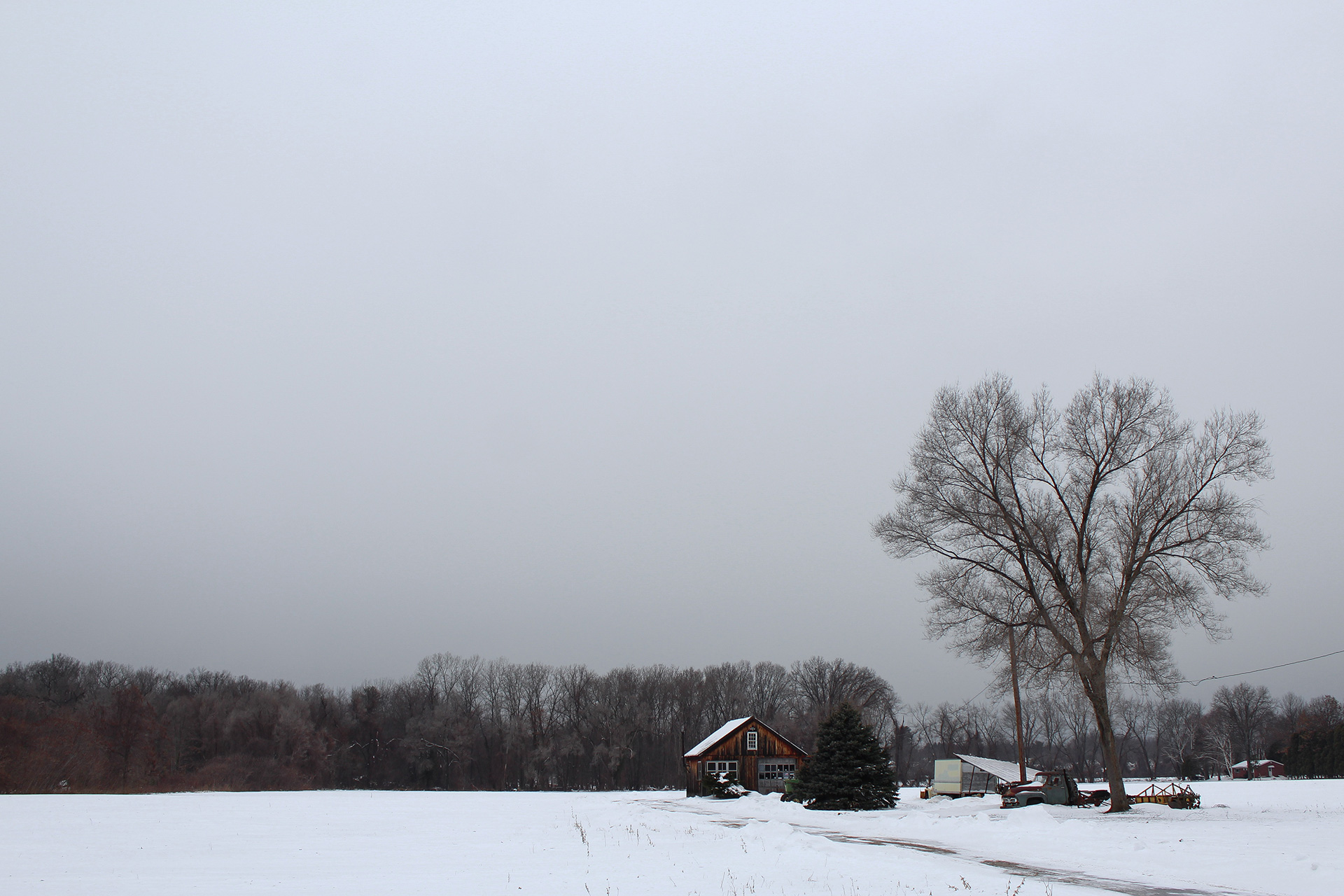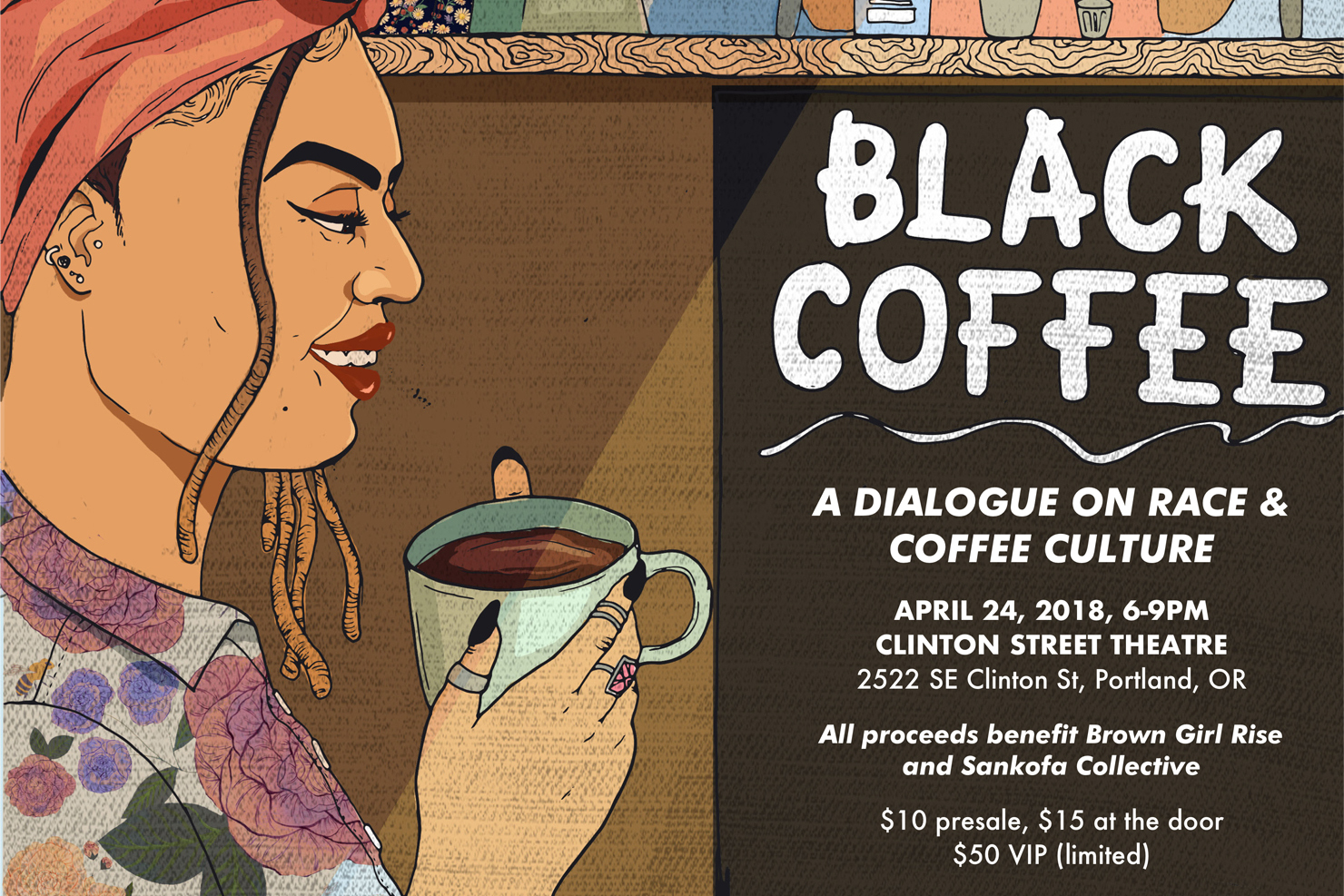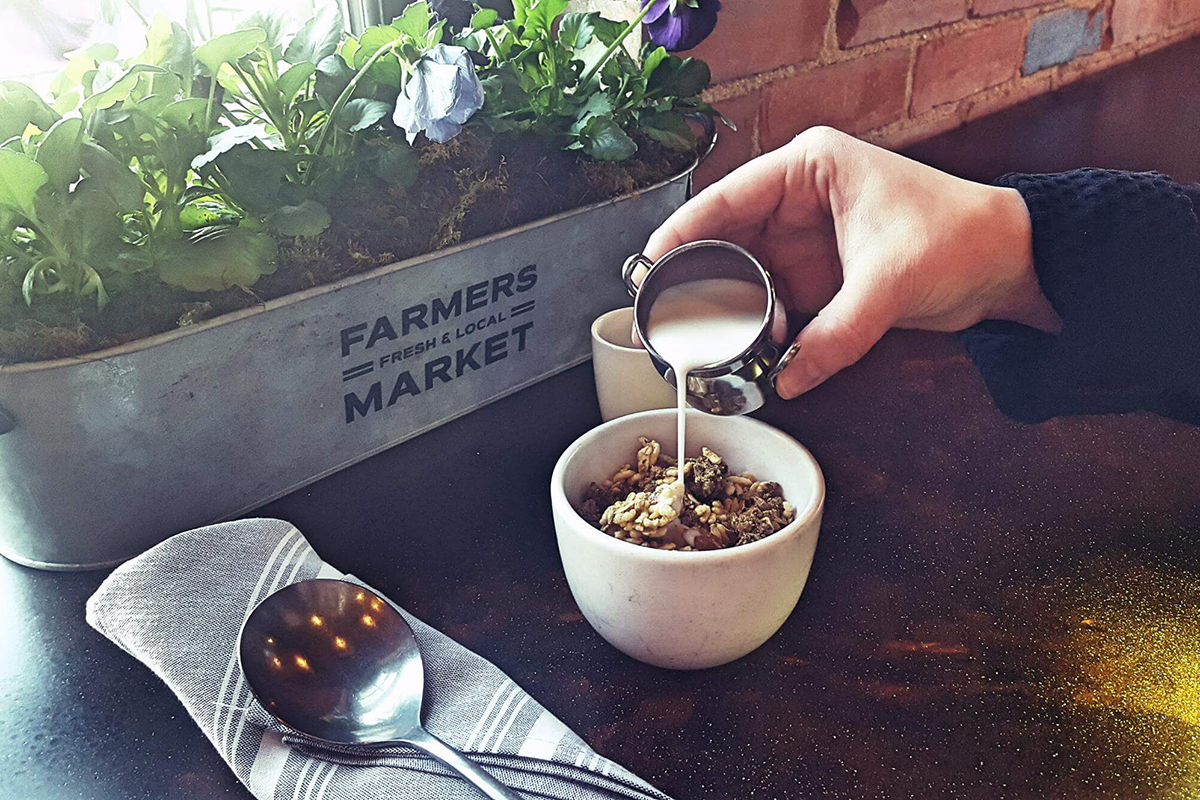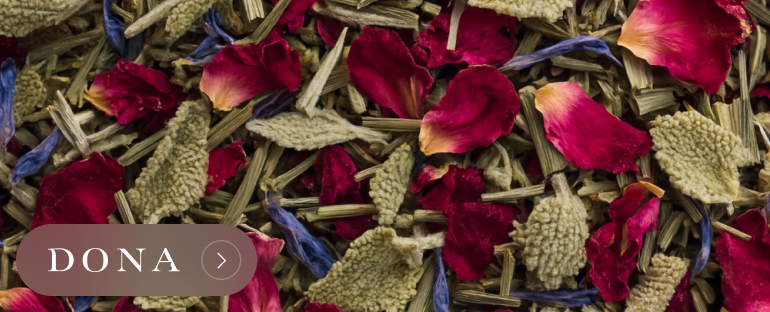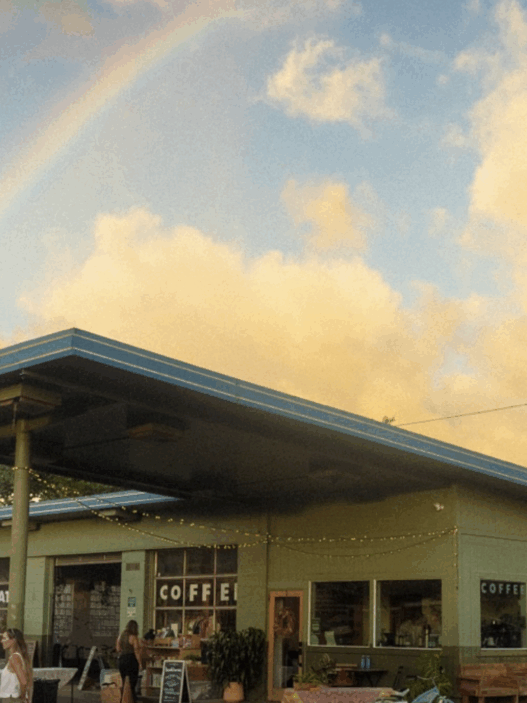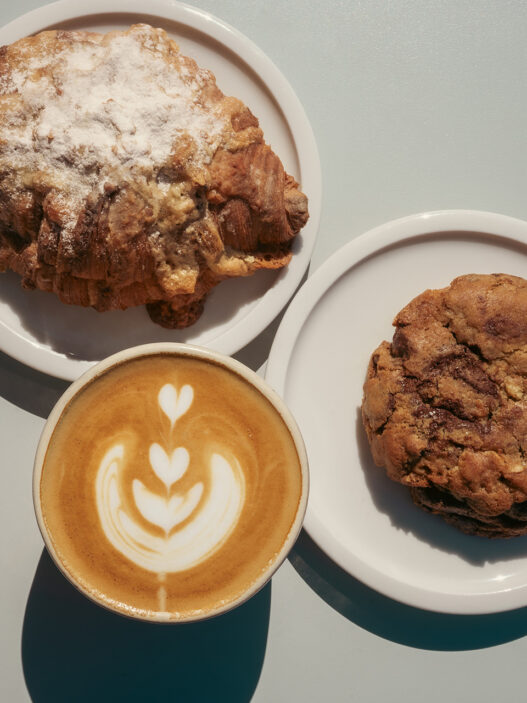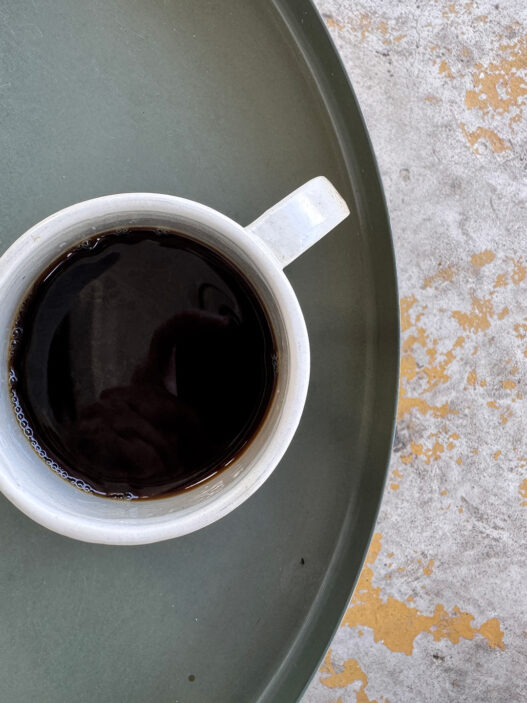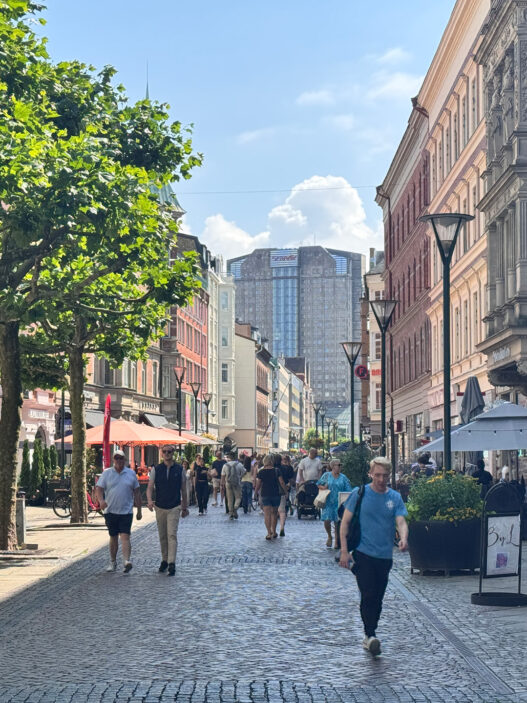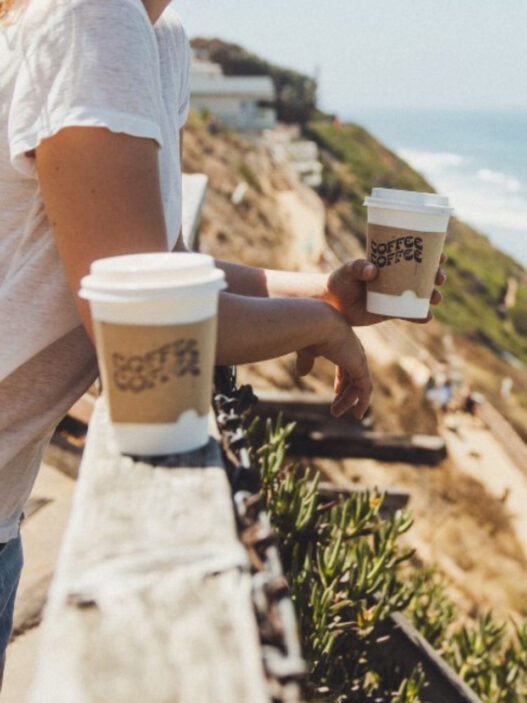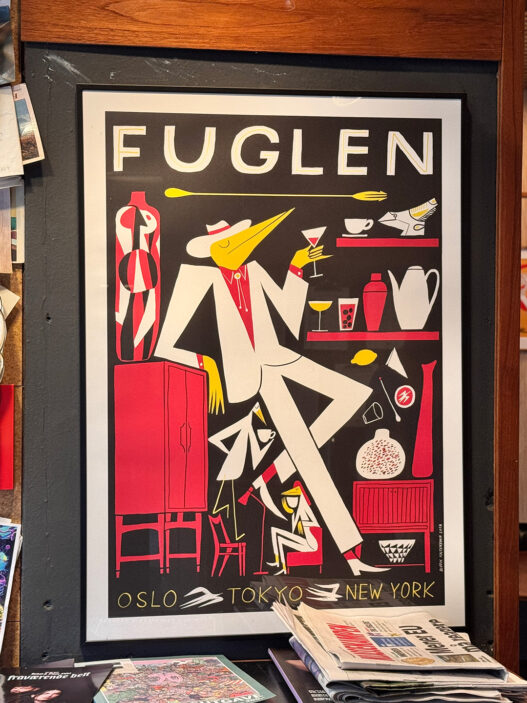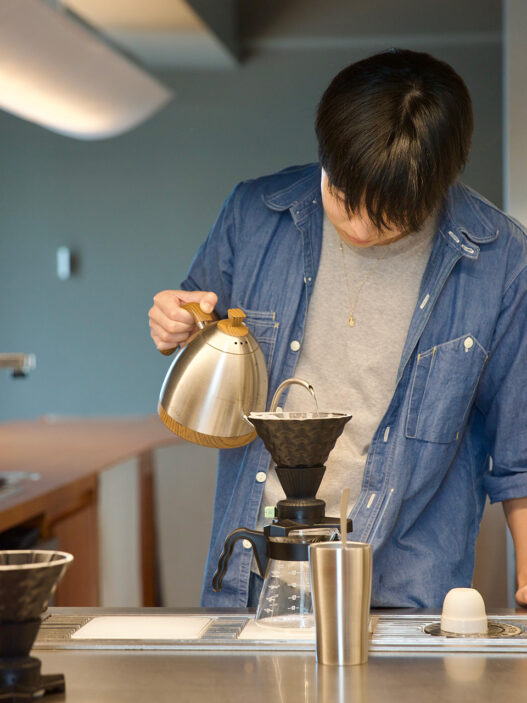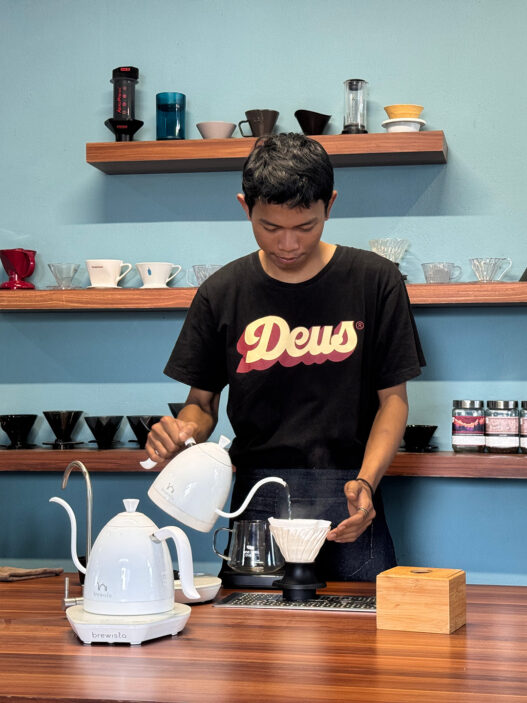Western Massachusetts is, generally speaking, the bucolic chunk of land lying west of Worcester County—an area containing the Berkshires, the Connecticut River Valley, and the city of Springfield. Here we have The Basketball Hall of Fame. We have mountains that would be hills in any other state. We have old mill buildings converted into bookstores, artist studios, and breweries. Interstate 91 cuts through our modest region, carrying travelers south to New Haven and New York, north to Burlington and Montreal. Leaf-peepers stop over en route to Vermont’s fall foliage, parents pack into hotels at graduation time, and Trump voters and Bernie die-hards avoid eye contact in the Stop N Shop parking lot. The towns are small, the farmland hugs the houses, and the river wraps up this pretty land with its rich history of classic New England Colonialism, crop cultivation, and, of course, college students. This area has long been home to craft beer, gorgeous produce, and handmade everything—but in recent years good coffee has sprung up like the ever-present cornstalks that in winter here, peek out like stubble from fluctuating layers of snow. Here are some of Western Mass coffee’s very best.
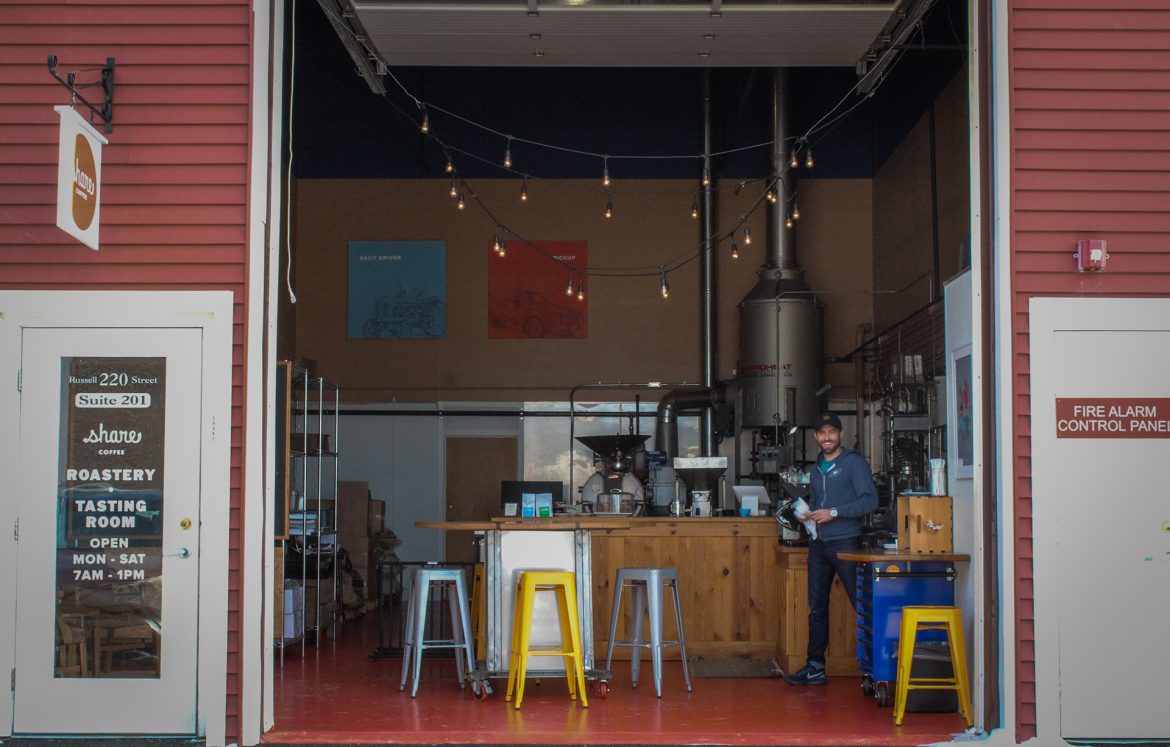
Share Coffee Roasters
The Share Coffee roastery rolls up its door weekdays at 8:00am, as commuters thread along Route 9—a stretch of chain stores bisecting the farming town of Hadley, Massachusetts. Inside, owner Ken Majka can be found Mondays and Thursdays roasting coffee on his 60-year-old Probat. The coffee is roasted, bagged, and shipped out the same day to wholesale accounts and weekly subscribers, and delivered to his two cafes in neighboring Amherst and Northampton. Share prioritizes seasonality in its coffee, and changes the components of its two blends—Daily Driver and Pickup Espresso—often, maintaining a consistent flavor profile. Their single-origins are divided into Comfort and Adventure categories—a way to guide customers towards a coffee that will align with their tastes.
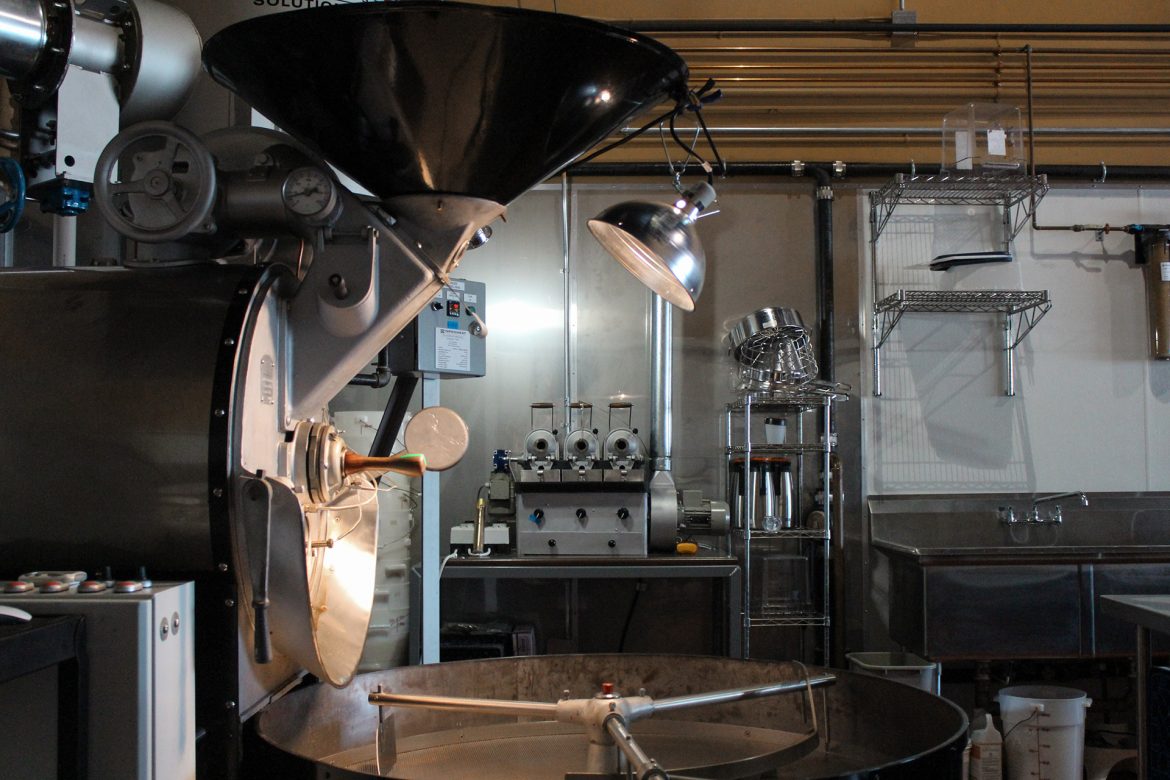
Behind a single table and thin counter, the whole operation is laid out for locals who trickle in to buy beans, ask coffee questions, and possibly taste something just roasted and not yet in the rotation. It is common to be the only one there, and Majka is happy to pull shots on his Kees van der Westen Mirage while launching information across the counter about his retrofitted Probat, his newest coffee, or his partnerships with local breweries. He is enormously passionate, and very educated, and it’s easy to be spat back into the parking lot head spinning.
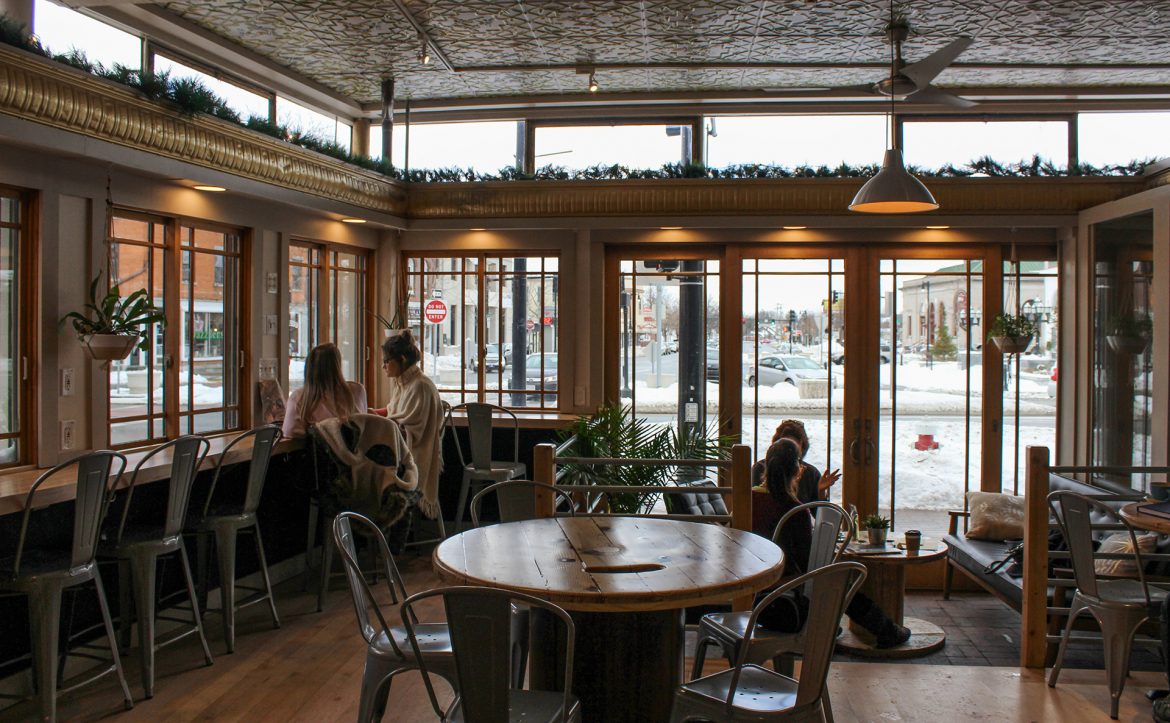
Circuit Coffee
Circuit Coffee sits at the edge of Westfield’s main square, and has the shiny, particular feeling of a cafe that just opened its doors. Customers sit on couches and at repurposed wire-spool tables—seeming right at home. Behind a Kees van der Westen Spirit, owner Ted Dobek pours maple lattes, his most popular drink. When customers order caramel lattes, accustomed to Dunkin’ Donuts and Starbucks—the only other coffee options in town—Dobek steers them gently towards his version, made with local maple syrup, local milk, and Share Coffee’s Pickup Espresso. Parts of the interior are also local—the bar and countertop’s thick maple was salvaged from a bowling alley next door.
Dobek is 25, recently married, and lives in the apartment upstairs. He spent a few years after graduating from Westfield State working in different coffee shops—including Share—dreaming up a way to bring good coffee to his area. With his background in graphic design he created the logo and drew plans for the interior himself, and with build-out help from family and friends, and a successful Kickstarter campaign, opened Circuit Coffee this past September. “I wanted to make sure a coffee shop wasn’t just what I talked about doing. I was working a job I hated and I didn’t want to say, ‘I wish I had opened a coffee shop.’”
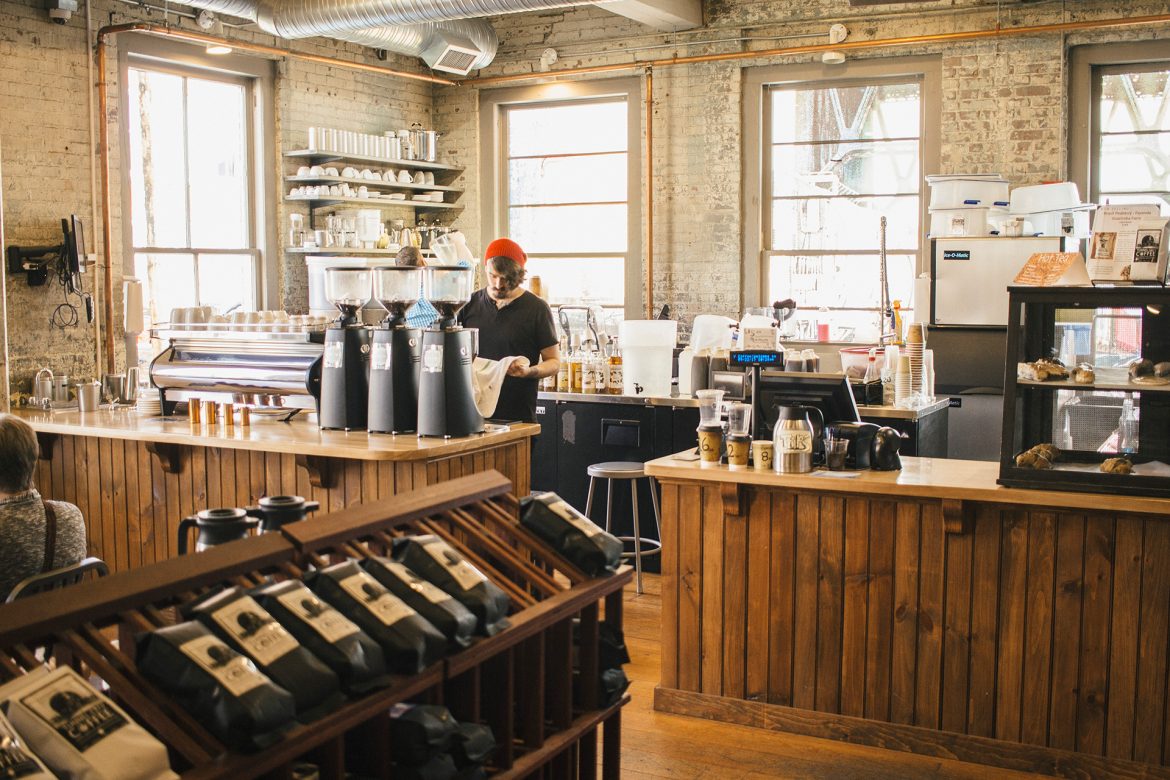
Tunnel City Coffee
After encountering the colossus that is MASS MoCA—our country’s largest contemporary art museum—it is easy to stumble past Tunnel City Coffee and instead find solace at Bright Ideas Brewing, also contained within the many outbuildings of this former mill’s campus, some of which hold even more art. But venturing inside Tunnel City provides a gentle anecdote to James Turrell’s lightworks, which are both beautiful and exhausting. Here they have soft lighting, light and dark roast options, and the quiet space to decompress.
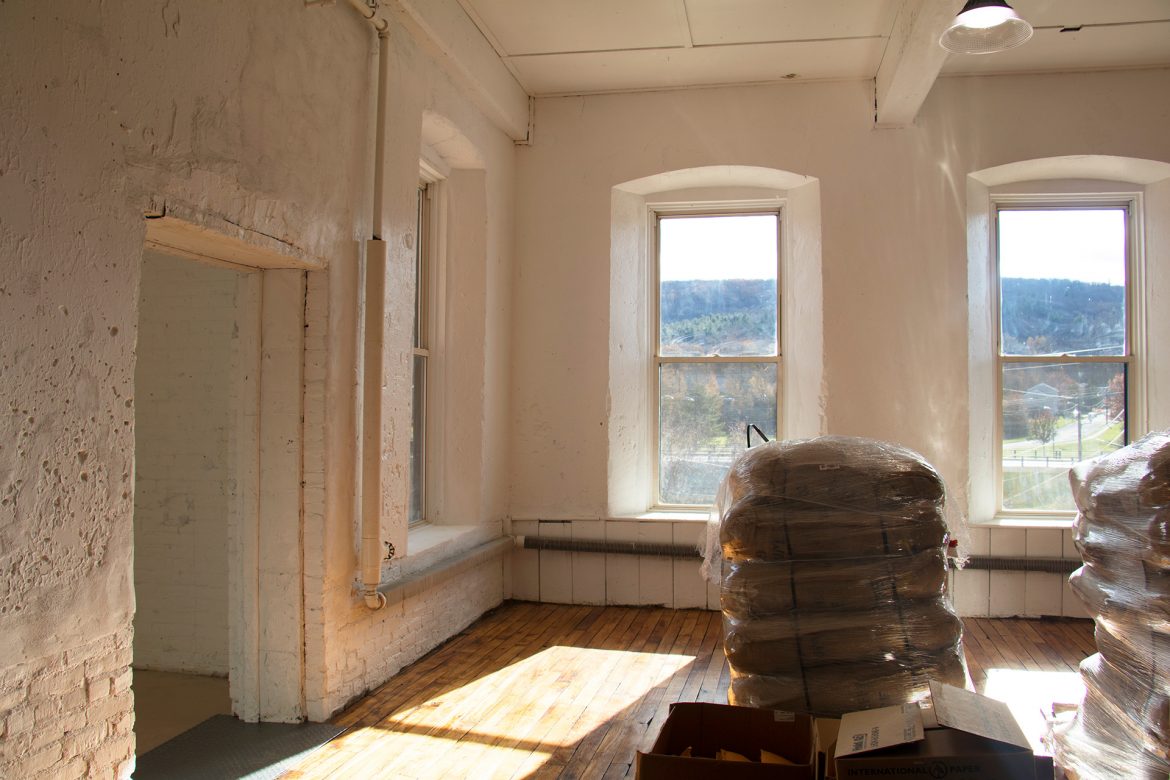
Tunnel City roasts its own coffee in yet another converted mill nearby, this town once full of water-born industry, which they pay homage to in their name—a reference to the nearby Hoosac Tunnel. The construction of this four-mile tunnel—at its completion in 1875 the longest in North America—killed about 200 workers and created a vital economic link between Albany and points to the west. Their espresso blend, Number 50, is named after the first train to travel through the tunnel. They also have a single-origin espresso available, today a Brazil Peaberry Fazenda Guariroba, pulled on their shiny La Marzocco Strada. Outside the window is Natalie Jeremijenko’s Tree Logic, in which six live trees grow suspended upside down, and if you venture a look up at the ceiling, pipes can be seen leftover from this building’s industrial use—long before the coffee break was invented.
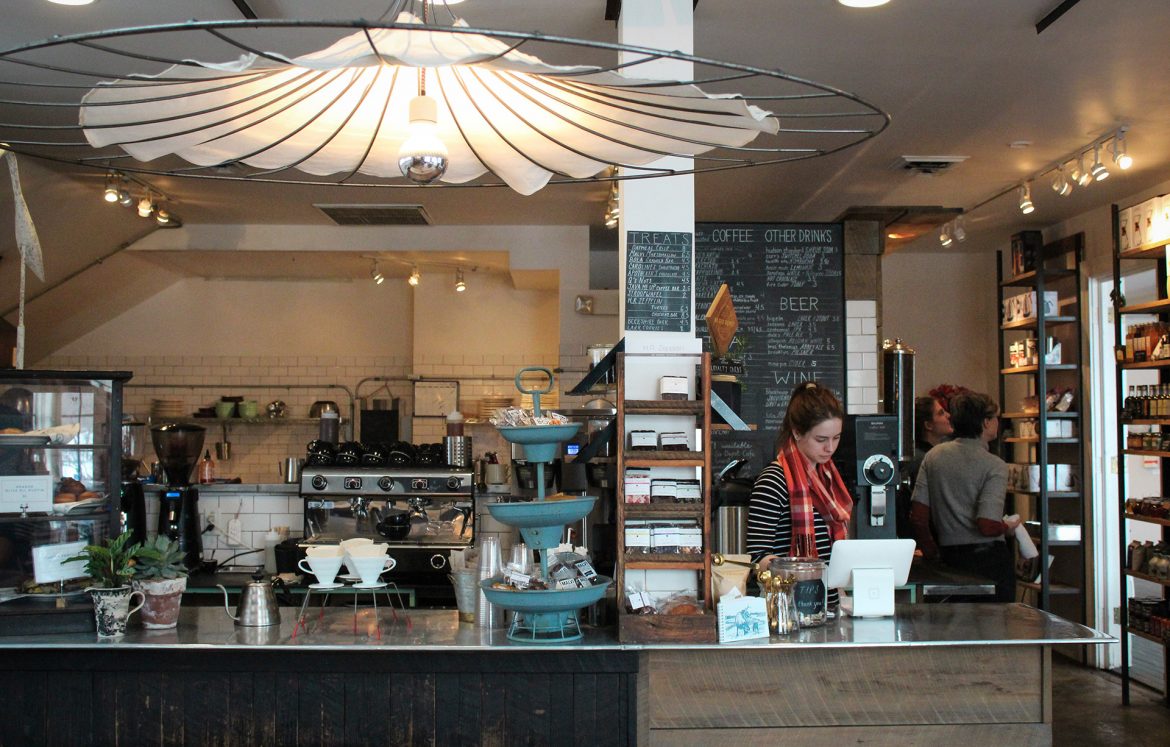
No. Six Depot
Inside No. Six Depot Roastery and Cafe, architectural lamps hover above thick wooden tables, where co-owner Lisa Landry attends the bar, topped with a Victoria Arduino Athena Leva. In the back, her husband Flavio Lichtenthal may be standing watch at the roaster. He worked as a chef and journalist before landing in coffee. They will soon release a line of “Campesina” coffee from women-owned cooperatives—building on their longtime use of Ethiopia Amaro Gayo by Ethiopia’s first female exporter, Asnakech Thomas.
Landry and Lichtenthal spent years talking about starting a roastery before finding a space, “that we could make a bigger dent in, spread out, do what we wanted,” says Landry. With her background in art, branding, and journalism, this meant dedicating the largest room to space for a gallery. With its white walls, farm-blue floors, and extravagantly paned windows, this space retains the elegance of its original use as a train station—built in the 1830s when marble was being exported from a nearby quarry.
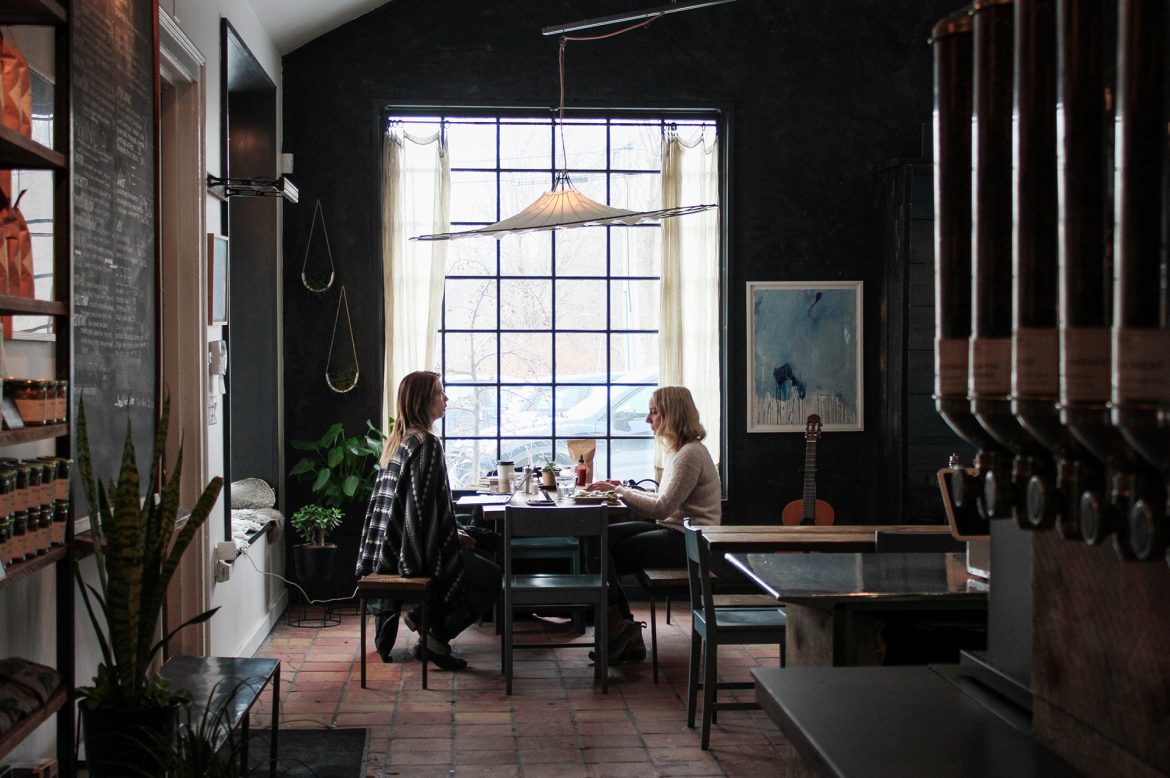
“We, at first, wanted to be strictly coffee roasters; but Flavio is Argentine and I lived in Italy for years and the idea of coffee separated from community and culture was impossible for us to envision,” says Landry. They incorporate the community as thoroughly as possible, holding events all winter in appreciation of the locals—the backbone of this region whose population quadruples come summer.
![]()
Iconica Social Club
The front door at Iconica opens directly onto the bar where owners Em Withenbury and Fitzpatrick Mulvaney are usually stationed—serving Ritual Coffee on their La Marzocco GB5 and Swings Coffee on their rotating pour-over bar. With no batch brew available, this place is set at a sluggish pace, and as customers wait for their drinks they often explore the elaborately decorated space. Withenbury and Mulvaney spent two years renovating it themselves, filling it with family heirlooms and flea market finds. They have thought everything out to the very last detail—from the screen-printed hand towels in the bathrooms to the Depression-era glassware, and a sign painted on the brick wall that politely implies the use of space, pointing customers to a lo-fi area in the back, and a Wi-Fi area upstairs. The Wi-Fi area is set up like a library—complete with map wallpaper, dark-stained siding, sturdy desk lamps, and bookshelves lined with thick tomes and back issues of National Geographic. The “low-fi” area has industrial tables, chairs that swing on metal brackets, a small stage, and a wood burning fireplace that Mulvaney feeds every so often—squeezing past customers sipping coffee on well-worn couches.
![]()
Customers come for the coffee, cold-pressed juice and almond milk, and pastries baked in-house, but at its heart, Iconica is trying for something bigger. “In creating it as social club, community was at the forefront to what we are thinking about,” says Withenbury, “and we wanted to create a space where everyone felt like they could come in and engage on a lot of different levels.” This may mean stopping by for a movie night, attending a free weekly cupping, sitting in the public parklet outside, playing with the antique machines that sit like paperweights on every table, or picking up one of the books strewn about as if the reader is just up getting a refill.
Oona Robertson is a freelance journalist. This is Oona Robertson’s first feature for Sprudge Media Network.
All photos by Haley Carchio except Tunnel City images courtesy Tunnel City.




